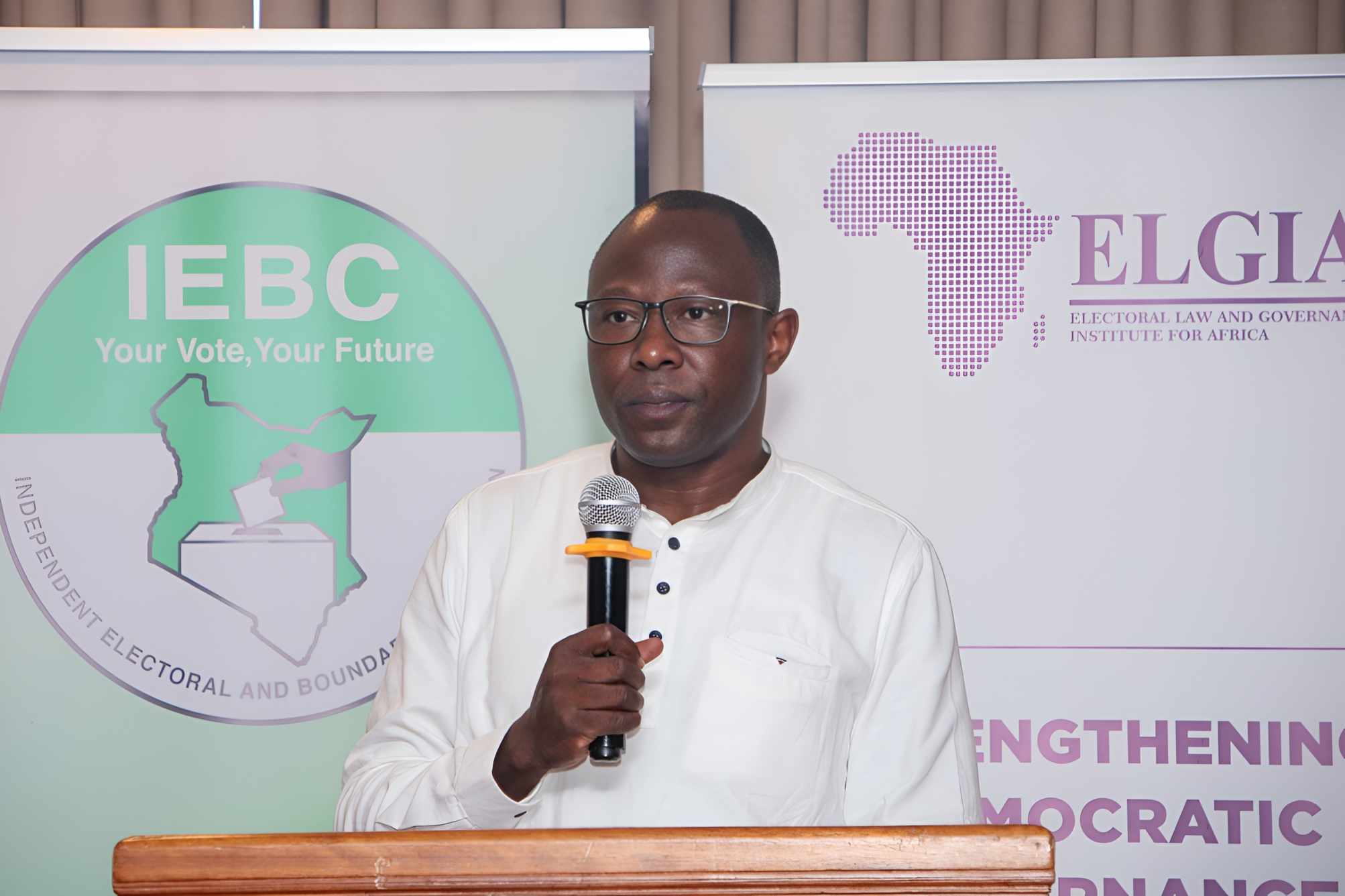The Independent Electoral and Boundaries Commission (IEBC) has announced steady progress in the ongoing Continuous Voter Registration (CVR) exercise, which resumed on September 29, 2025.
In its latest update, the Commission revealed that within the first four days of the exercise, a total of 7,048 new voters were enrolled across the country.
Additionally, 259 voters successfully transferred their registration to new constituencies, while eight individuals updated their details in the national register.
According to the IEBC, the CVR is taking place across all counties, except in areas where by-elections are scheduled for 27 November 2025.
The Commission has confirmed the adoption of iris recognition technology as an additional biometric identifier, alongside fingerprints and digital facial photographs.
This enhancement, IEBC stated, is intended to strengthen voter identification and serve as a backup should fingerprint recognition fail.
The use of iris data is legally supported under Kenya’s electoral and data protection laws, which also permit other biometric identifiers such as voice waves, retina patterns, DNA, and signatures.
The IEBC reiterated its commitment to protecting voter information in line with the Data Protection Act, 2019.
It assured citizens that all data collected is securely stored, accessible only to authorized officials, and strictly used for lawful electoral purposes.
The Commission warned that any misuse or compromise of voter data would attract “the full sanctions of the law.”
IEBC Chairperson Erastus Edung Ethekon reaffirmed the Commission’s pledge to ensure that voter registration remains transparent, efficient, and accessible nationwide.
He emphasized that every eligible Kenyan must be given a fair and equal chance to register and participate in credible elections.
“The IEBC calls upon all eligible citizens, particularly the youth and first-time voters, to take advantage of this opportunity and register as voters,” Ethekon said.
“Together, let us strengthen our democracy, safeguard our institutions, and secure the future of our nation.”
Nairobi led in new registrations with 1,597 voters, followed by Mombasa (556) and Kiambu (386). Other counties, such as Garissa (160), Kisii (312), and Kakamega (127) also recorded notable progress.
Meanwhile, sparsely populated counties like Lamu and Samburu reported the lowest new registrations, at 1 and 18, respectively.
The Commission stated that it will enhance monitoring mechanisms and civic education initiatives to boost participation and uphold the integrity and inclusivity of the process.
